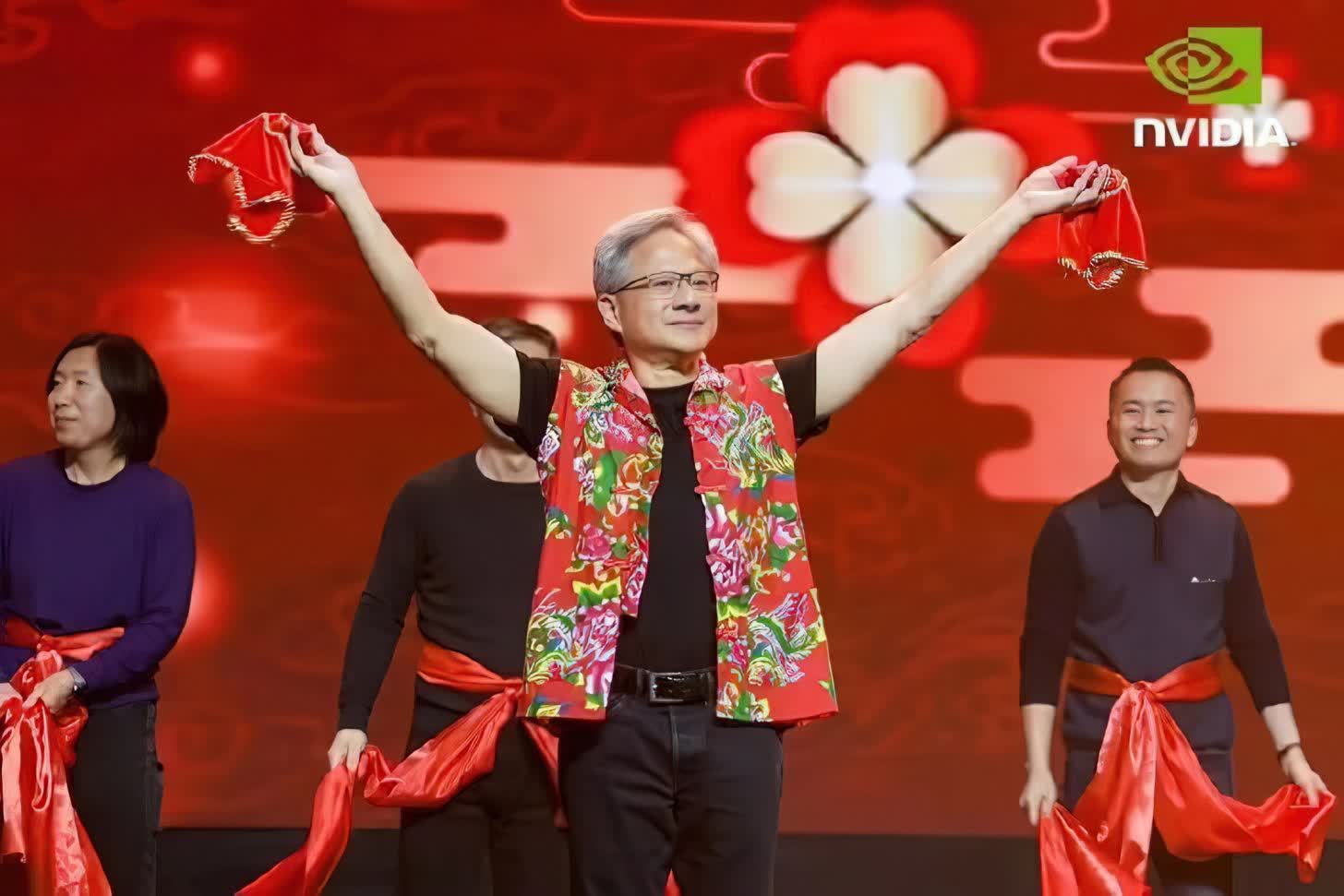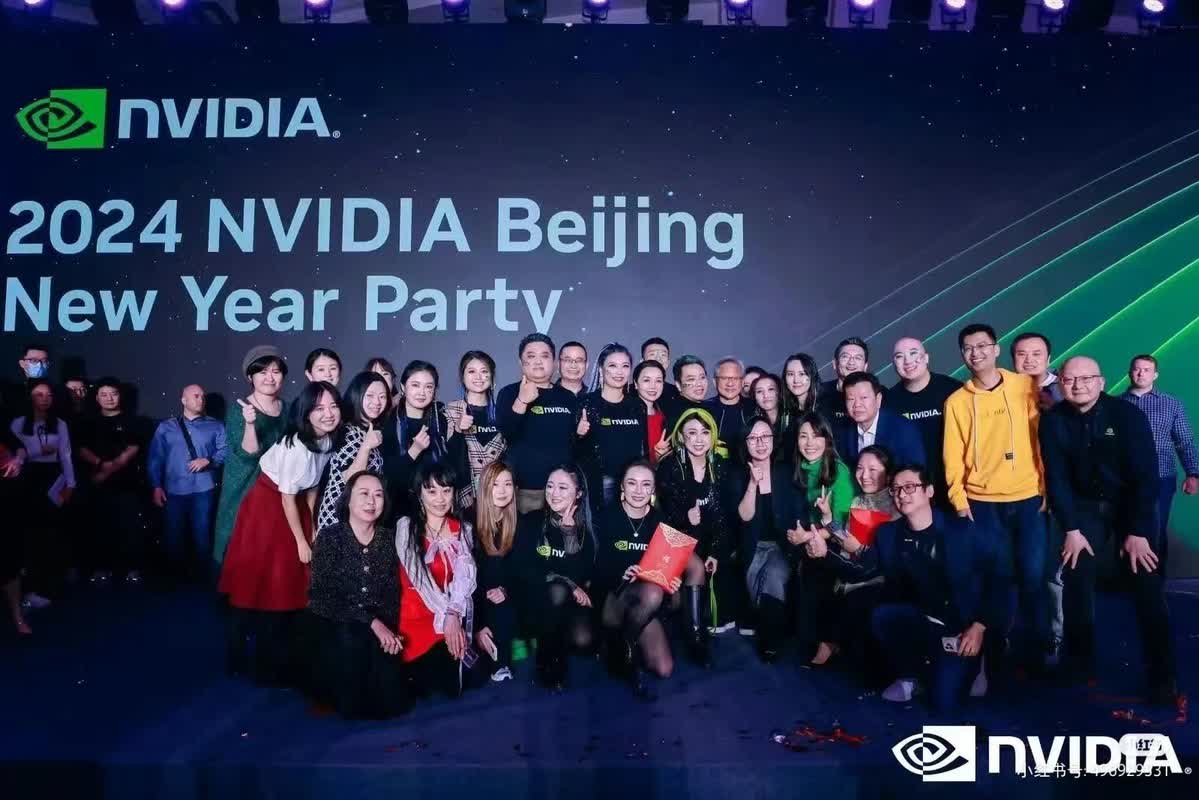What just happened? The US has long banned the export of Nvidia's top AI chips to China, mainly due to the concern that they will be used for military purposes in the country. Team Green CEO Jensen Huang thinks it's all a fuss over nothing – because China's military can't rely on US-made technology.

Speaking during an interview with CNN, Huang addressed the issue of China using Nvidia chips for military purposes, assuring people that "we don't have to worry about it."
The US government does worry about it, though. It blocks – or requires a hard-to-obtain export licence for – high-end Nvidia GPUs when the destination is China (mainland, Hong Kong or Macau). Any GPU which has a total processing performance × interconnect speed of more than around 4,800 TB/s falls into the banned category.
The primary reason for these restrictions is the concern that China could use the chips for military applications. Huang, however, said this is unlikely because "they simply can't rely on it."
"It could be limited at any time; not to mention, there's plenty of computing capacity in China already," Huang said. "They don't need Nvidia's chips, certainly, or American tech stacks in order to build their military," he added.
Huang has long criticized America's China-focused export controls. He said in 2023 that they dealt an indirect blow to American companies, leaving them with "our hands tied behind our back" and limiting their ability to sell chips to Chinese customers.

He repeated the warnings that the restrictions could be counterproductive to America in the CNN interview. Huang said that "We want the American tech stack to be the global standard [...] in order for us to do that, we have to be in search of all the AI developers in the world." Therefore, if America wants to be an AI leader, US technology must be available in all markets, even China, Huang concluded.
Huang said in May that Nvidia's market share in China had been cut in half due to the export controls, and that the company was expected to lose billions as a result of the restrictions that were implemented in April.
Huang also gave his opinion on DeepSeek, China's AI startup that sent the industry into a tailspin when its cost-efficient R1 model launched at the start of the year. Some entities and even countries have sought to ban the app over privacy concerns. And according to a US official, DeepSeek aids China's military and intelligence operations.
But Huang said the "revolutionary" R1 reasoning model's open-source nature has allowed startups, new industries, and countries to join the AI revolution.
Also read: Nvidia's Jensen Huang applauds US trade moves and warns of China's AI advances
"The fact of the matter is, [China and the US] are competitors, but we are highly interdependent, and to the extent that we can compete and both aspire to win, it is fine to respect our competitors," the Nvidia CEO said.
Huang also believes that it doesn't matter if the chatbot that everyone uses is made in America or China.
"The question of does it really matter – no; but in a final analysis, I believe it is core to the American spirit to want to be the world's best in computing technology," he said.
Jensen Huang downplays fears over Nvidia chips being used by China's military